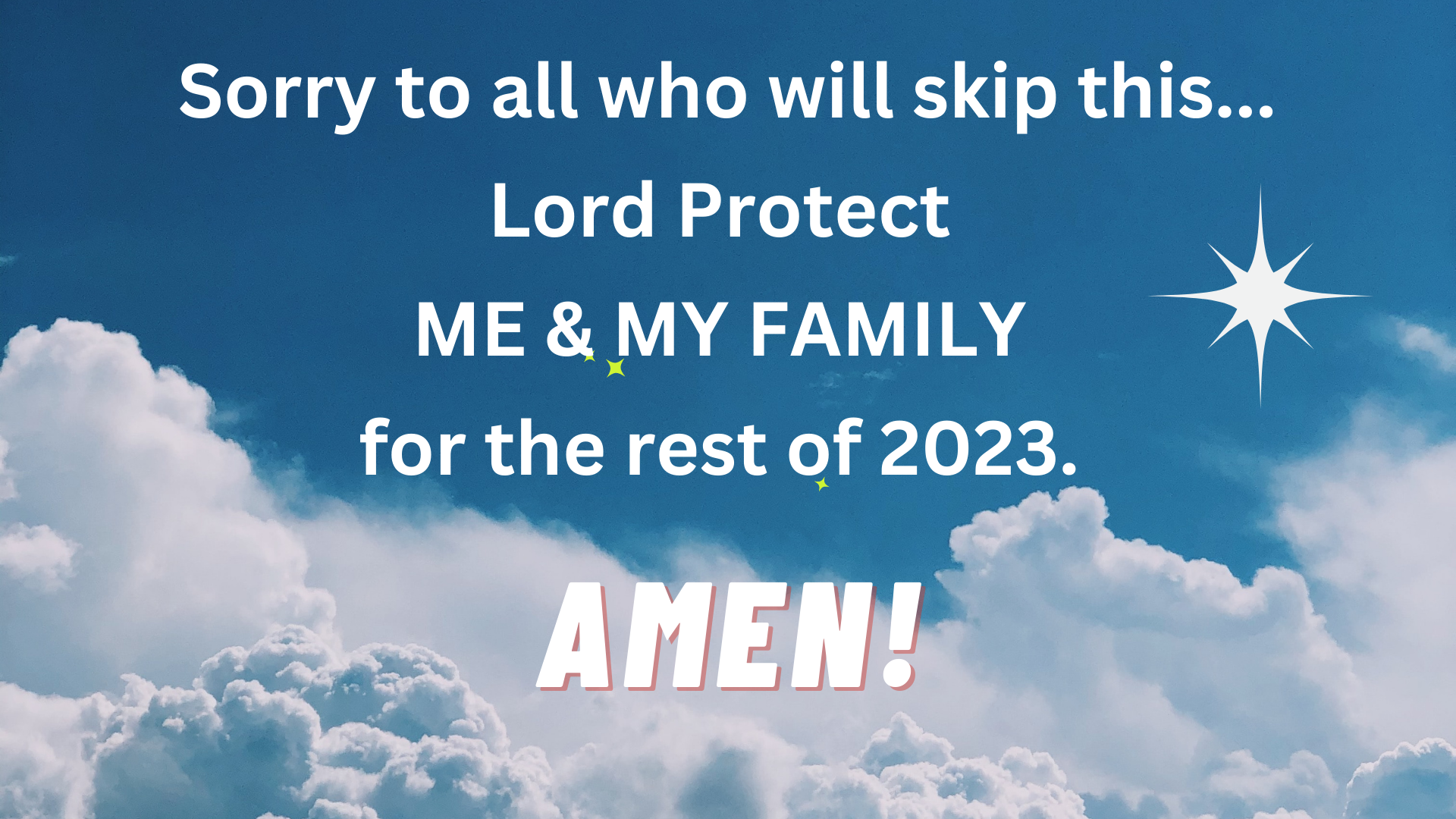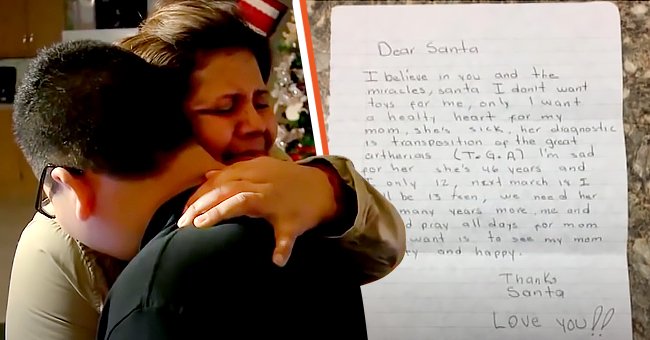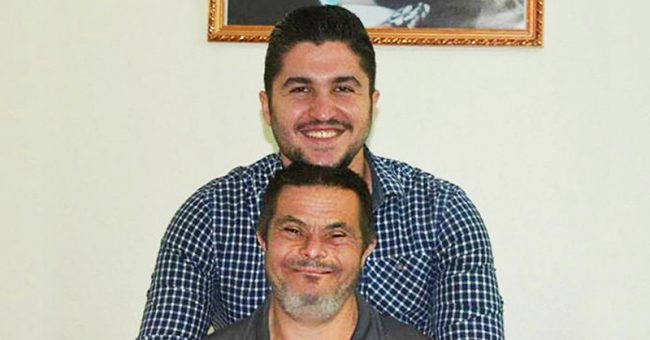Dentistry Student Shares Touching Story Of Being Raised By Father With Down Syndrome
Because we are all different, we should learn to appreciate our uniqueness. Just because we find something weird doesn’t mean it’s unacceptably bad.
Finally, because we are all one in the web of life, we should seek to inspire one another and discover how we can all contribute to a better community.
Love connects us all and has no boundaries. The Syrian Society for Social Development’s movie, which portrayed the experience of Sader Issa, a dentistry student raised by a father with Down Syndrome, impacted hundreds of thousands of people.
People typically have 46 chromosomes, which are small “packages” of genes that regulate how the body operates and grows before and after birth.
Babies born with this disorder have an extra copy of chromosome 21, which affects how their brain develops and causes mental and physical problems.
Tiny ears, almond-shaped eyes, a short neck, a flattened face, low height, and small hands and feet are the most typical physical indicators of DS.
Issa says his father, Jad, is a “father, husband, and family leader” who gave him “all the love and care that anybody can provide” in the touching video, which was posted in March 2019.
He supported his family for two decades by working at the local wheat plant, and many people admire him for his kindness and selfishness.
Even though his mother does not have DS, Issa noted that his parents had a great and loving connection.
“I feel that if both parties are on the same page, why not marry?” They’re academically compatible; they’re both simple, kind, and caring individuals.”
Issa wanted to show others with DS that they, too, can have a family, despite the fact that it is an uncommon condition.
Even if it is difficult for them to conceive, they are capable of building personal and sexual connections just like the rest of us.
Men and women with DS have a lower fertility rate, and there is a higher chance of miscarriage, early birth, or the necessity for a caesarian section for the mother.
If one parent has DS, a newborn has a 35-50 percent risk of inheriting the syndrome, and the chances are larger if both parents have the illness.
Issa explained:
“When people look up guys with Down’s syndrome (DS) on Google, they learn that they are infertile, so they are perplexed when they hear about us.” I’m aware of six additional examples of dads with DS, and research on the fertility of males with DS are few, so we can’t just declare these men fertile.”
Thousands of people have reached out to Issa after seeing the video, thanking him for giving them hope for their children’s future.
He went on to say that he wouldn’t change a thing if he could, and that all of his accomplishments were the product of his father’s love, care, and support over the years.
He stated:
“He has always been the biggest source of support for me when I needed it throughout my life.”
Issa’s father is proud of him, and his “eyes are full with delight and satisfaction as if to say: ‘Yes, I have Down’s syndrome, but I raised this guy and did all in my ability to make him become a doctor and assist others,'” he said.
Sader cont:
“We want that everyone could understand that being different isn’t something to be embarrassed of. People with Down Syndrome are unique, but they have feelings, desires, and a mind of their own, and they are capable of leading a normal life when they are accepted by society.
Let’s give them an opportunity to show us what they’re capable of.”










